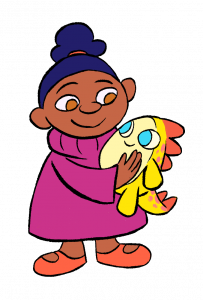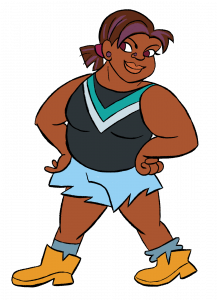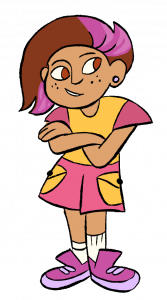As a child and young person in care, you have special rights. These rights are set out in the Charter of Rights for Children and Young People in Care. If you feel that your rights are not being met and you are not being listened to, we can help.
I have the right to be safe and well cared for
- knowing that people care about me
- not being hurt or made to feel bad
- not being scared of people or carers I live with
- not being moved around a lot
- having adults check in with me to make sure I am safe and happy
- being well cared for and protected from harm by the adults who look after me

I have the right to be myself and to be treated with respect
- being able to feel good about myself and who I am, no matter what my sexuality, gender identity, race, culture, religion or passions are
- being included and treated fairly
- feeling valued
- not being bullied, discriminated against or judged for who I am or what I believe in
- being able to contribute to and own a record of my life and experiences in care
- being able to access information about me while I am in care and for the whole of my life

I have the right to be listened to and have a say in decisions that affect me
- having a say about the things that affect me (such as where I go to school, what clothes I wear, the sorts of food I eat, who I hang out with and how I spend my time – if it is safe)
- having my opinion asked for and listened to when adults are making decisions that affect me
- knowing who to go to if I have a problem or want to complain about something
- having someone I can talk to who can help me have my say in whatever way I choose (such as writing it down or getting a friend, Elder or professional to help me speak up)
- being included and having a say about plans for my future
I have the right to connect with my culture
- knowing what my cultural heritage is and who my family connections are
- connecting with my Country, community and cultural services
- learning my language, stories, songs, dances, traditions and participating in cultural activities
- having a cultural identity and feeling proud and strong about my culture

I have the right to have contact with people who matter to me
- knowing about my family and why I am in care
- seeing and keeping in regular contact with my brothers and sisters, family, friends and other people who are important to me – if it is safe
- having regular contact and support from my worker (and in private if I want that)
- joining groups or sports teams where I can be with my friends or make new friends
I have the right to good health, fun and play
- getting a health check when I first go into care
- seeing a doctor, dentist or other health care worker when I feel I need to
- being supported to see a counsellor or getting help with my mental health
- getting specialist care if I have a disability
- getting healthy food and time to exercise and play every day
- relaxing, having fun and joining in activities that interest me
I have the right to privacy
- having my own space where I can be on my own if I want
- having my own bed
- having my own personal things kept safe
- having my privacy respected at school
- being able to speak to people like a carer or Advocate in private
- knowing what information is being shared about me, who it is shared with and why it is shared

I have the right to a good education
- going to a school or training that is right for me
- having the tools that help my learning (like a laptop, the internet and textbooks)
- getting extra support if I need it, especially if I have a disability or learning difficulties
- having my potential recognised, with opportunities to develop my talents and interests
- learning life skills, like cooking and budgeting
- getting the foundation, support and guidance I need to get the job I want to do in the future
I have the right to get the support I need so I’m ready to leave care and feel good about my future
- being at the centre of planning for my move out of care
- having a safe place to live when I leave care
- being able to learn the skills I need to live as independently as I can (such as driving, budgeting, cooking, using public transport)
- being able to go on with study, training or work when I leave care
- knowing where I can go if I need help after I leave care
- being able to stay in contact with people who were important to me when I was in care
- having people in my life who ‘dream big’ with me, stand by me and help me to see what is possible

